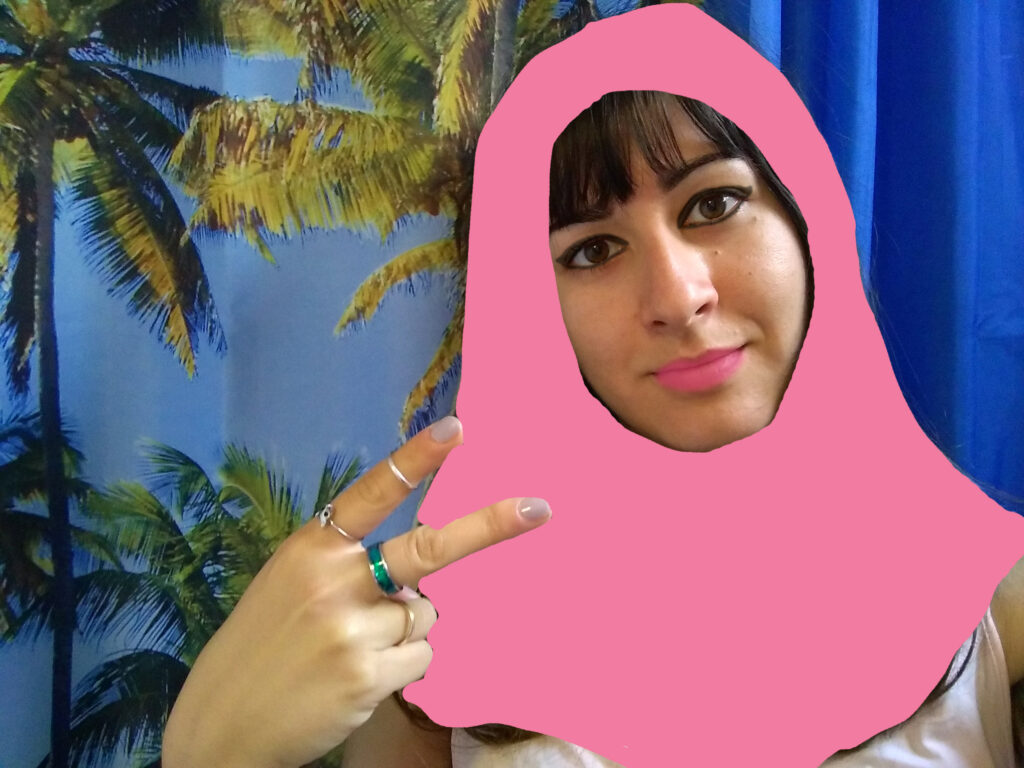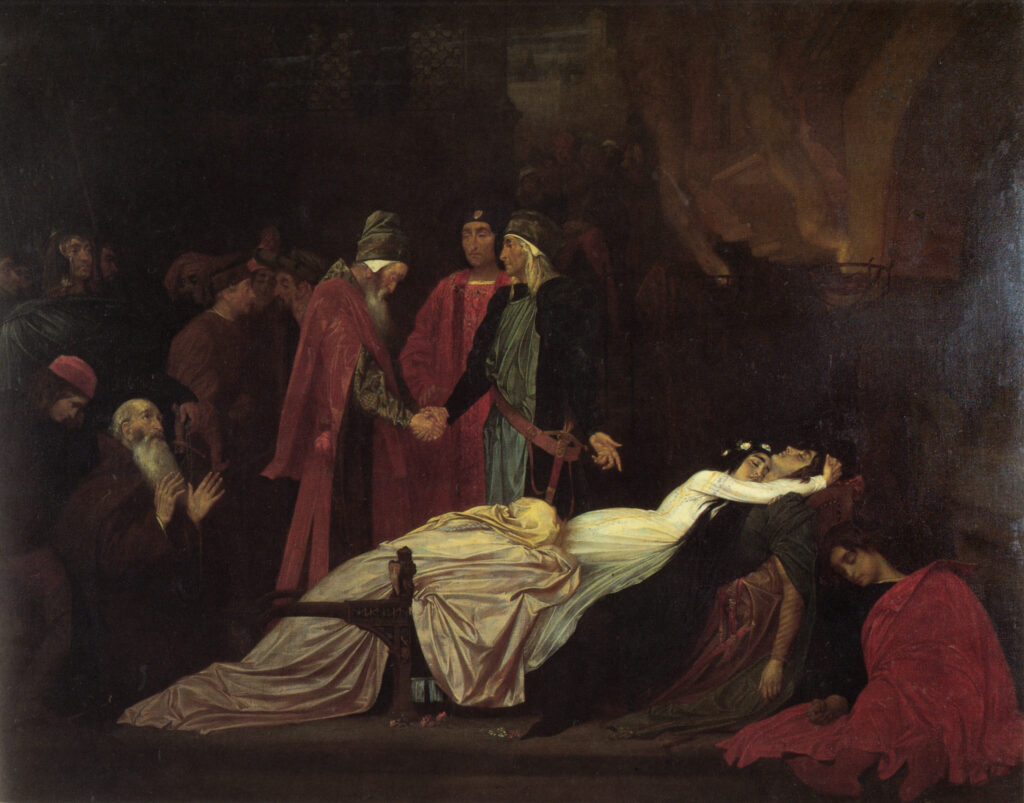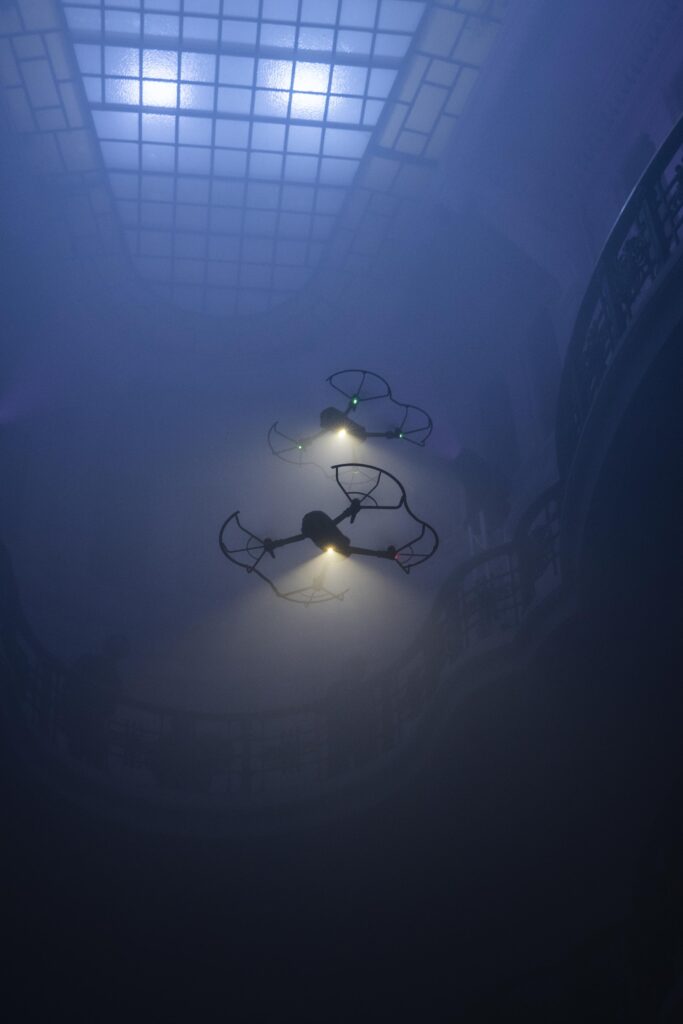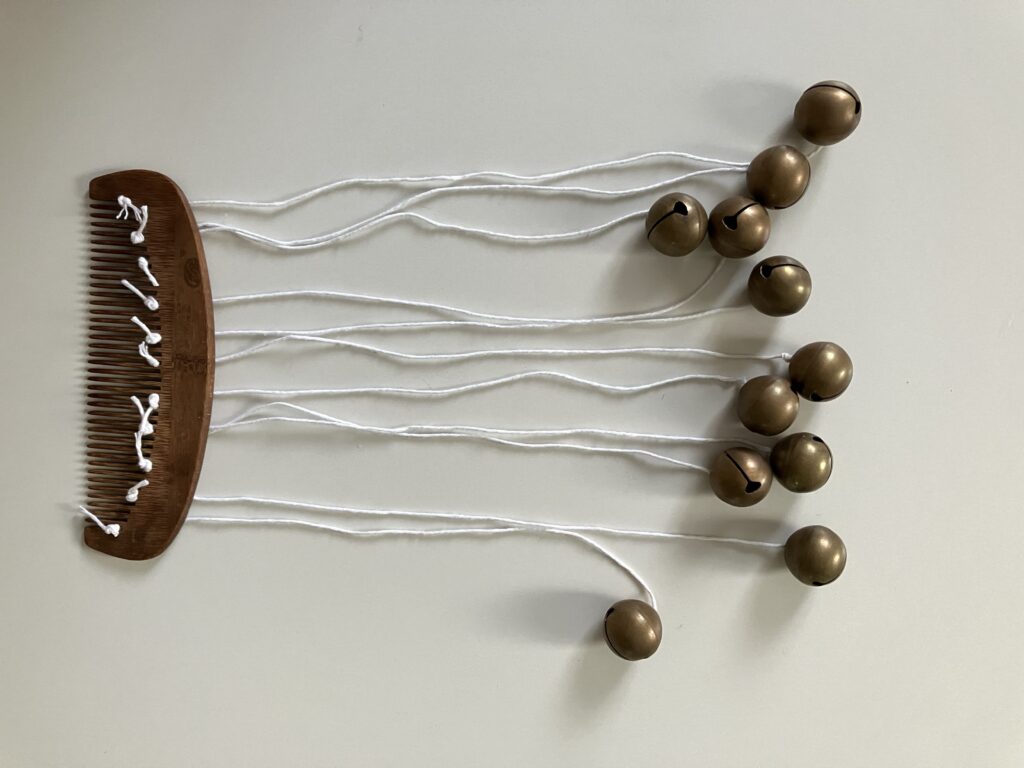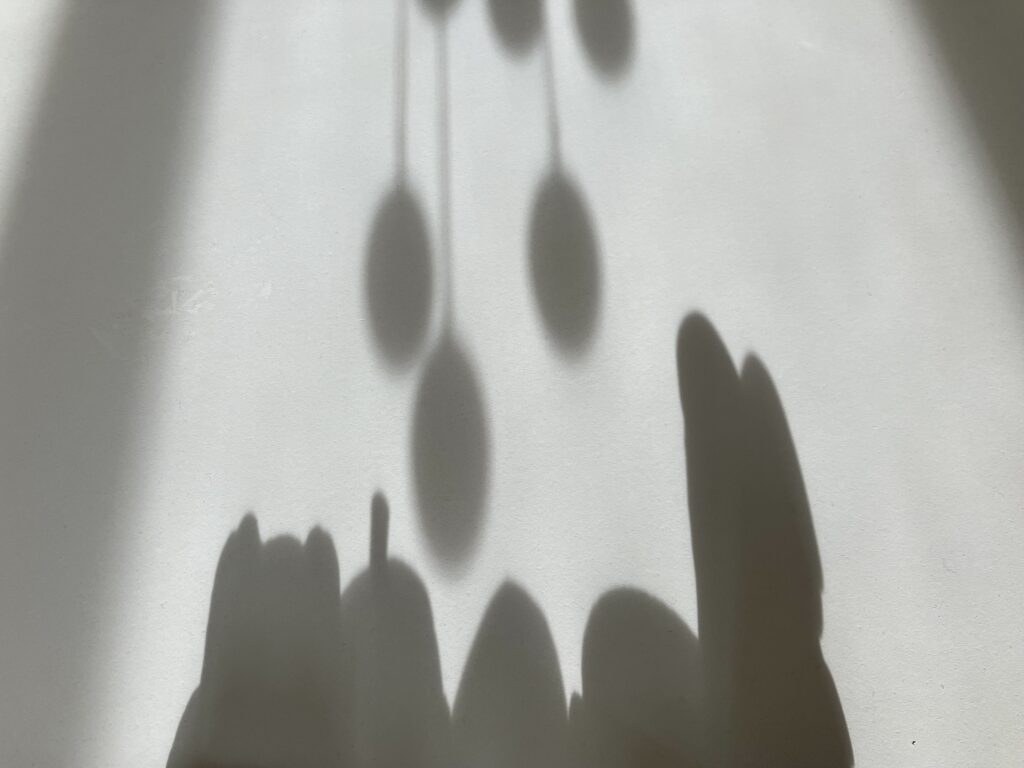Curated by Rita Rakosnkik
When we talk about dismantling the “myth of romantic love”, what kind of romanticism are we talking about? And what kind of love? Are we really referring to the tradition of platonic love? Or perhaps to that of courtly love? In a conjuncture marked by unbridled extractivism, where our body has become yet another terrain for capitalist expropriation, do we really want to let our heartbeat be reduced to a mercantile strategy? That our love relationships work for increasingly sophisticated algorithms trained to store, silently and diligently, all our data?
Reversing a hashtag found by chance and flirting with the idea of tenderly becoming a blurred image, Love pixels not people, unfolds as a fragmentary essay on Eros in the age of Big data that reflects on the strategies of digital representation and love relationships, exploring their (hyper)links and contradictions, always with humour and never from the melancholic recreation of times that we know were not better either. A look at the love triangle formed by you, your lover and capitalism mediated by a black mirror that doesn’t seem to distinguish between flesh and pixel.
About the works
My terrorist lover by Maria Alcaide
Video installation, 25 minutes. 2017
A project created after the artist’s experience in Tindouf, where she had a love story with an Algerian artist. After returning to Barcelona, she confronted the racism of her loved ones, responding to them sarcastically and with humour by carrying out a fake investigation on her lover that would prove, in effect, that he was not a terrorist. In this work he incorporates cultural references from Andalusia and the Arab world to question the concept of terrorism. The artist’s work, ironic at base, manages to convey a bitter sweetness that reminds us that each of our positions as individuals are eminently political.
Kamikaze lovers by Marta Galindo
Video installation and documentation, 26 minutes. 2024.
A performance that imagines war technologies capable of developing empathy and sensitivity, contrary to the current proliferation of warlike artificial intelligences. The project takes the dramatic text of Romeo and Juliet as a starting point for a re-reading in which the main roles are played by flying drones; two machines from enemy sides who abandon their militancy for love. The project takes the operetta format to construct a musical speculative fiction where drones in love, contemporary techno-mythological creatures, sing their laments and desires during a furtive encounter at night.
No se pueden ver los corazones by Andrea Herrera del Valle
Installation (8 jingle bells, mechanical soft toys and a drawing 100×30 cm). 2025
Situated in a dreamed temporality, between fabula and estrangement, the installation investigates the potential of the hybridisation between sentient being and device by staging two figures that reflect each other, contrary in appearance, but united by the thread of memory, rhythm and sound. The heart, made of flesh, full of soft affections, driven by instances of desire, contrasts, through its dependence on a general system of cadences, with the rattle, primordial hardware that is known to be metallic and empty, a container of sound and an amulet of protection.
About the artists
Maria Alcaide (Aracena, 1992) is an artist and researcher. With a degree in Fine Arts and studies in Paris and Barcelona, she has exhibited at the Bauhaus Archive, the Frankfurter Kunstverein and the ACUD Berlin. She has received awards such as Barcelona Producción 2024 and Generation 2021. His films have been screened at the Oberhausen Kurzfilm Festival. She has held residencies at the Cité des Arts de Paris and C3A. She is the founder of Grotta Artist Residency and collaborates with the Centre Pompidou in a research on art and rurality.
Marta Galindo García (Cádiz, 1993) is an artist based in Madrid. Graduated in Fine Arts at the University of Seville and De Montfort University (UK), she has a Master’s degree in Artistic Research at the UCM, where she is currently working on her thesis. She has had solo exhibitions “Add tono wishlist” (Valencia, 2021), followed by “Digital Afterlife” (Cordoba, 2022); and has made several performances such as “Kamikaze lovers” (Madrid, 2024) and “Strangers in the night” (El Chico, 2024). He has received awards such as C3A Residencies, Matadero Residencies, Secuencias and Injuve, among others.
Andrea Herrera del Valle (Mexico City, 1993) explores themes such as dualities, the experience of temporality and its objectification in the calendar, always from a perspective of suspension between cultures/places/times that rejects the imperatives of efficiency and rationality that govern the systems in which society operates. In his work, the personal and intimate dialogues with political and collective issues through open narratives and scenes in which he recontextualises objects and characters of a culture made his own from the limits of others.
About the curator
Rita Rakosnik (Barcelona, 1993) is an art historian, critic and independent curator. She writes essays on art, literature, thought, fashion and pop culture for various media, such as Catalunya Ràdio, Radio 4, Radio Primavera Sound and elDiario.es. She has curated ‘El nom és pols d’estrella’ (Mirada Pilot, 2021) and ‘Com no ser vista: Notes sobre fotografia en femení’ (Espai Fotogràfic Can Basté, 2020). She has collaborated with institutions such as the CCCB, the JAQUE, the MAE, Òmnium Cultural and the Department of Culture of the Generalitat de Catalunya.
From 24/05 to 29/06 2025
M|A|C Prison
Tuesday to Friday from 5 to 8 p.m.
Saturday from 11am to 2pm and from 5pm to 8pm
Sunday from 11 a.m. to 2 p.m.
Monday closed
Free admission
Parallel activities
Opening of the exhibition
Saturday 24 May at 12:00 h – M|A|C Prison
Opening of the exhibition Love pixels not people with the presence of the participating artists Maria Alcaide, Marta Galindo and Andrea Herrera del Valle, and the exhibition curator Rita Rakosnik.
€®O$ sweet, bitter and hyper-mediated
Friday 30 May at 19:00 h – M|A|C Prison
Conversation between Rita Rakosnik and Eloy Fernández Porta.
Family guided tour to the exhibition
Saturday 1 June at 18:00 h – M|A|C Prison
Guided visit to the exhibition Love pixels not people by Cori Mercadé (Servício Educativo M|A|C). Suitable for all audiences.
Family workshop
Sunday 1 June at 11:00 h – M|A|C Prison
Audiovisual experimentation workshop by Carla Aledo (Educational Service M|A|C). For children from 5 to 8 years old.
The aperitif with… Love pixels not people
Saturday 1 June at 12:00 h – M|A|C Prison
Guided tour of the exhibition by curator Rita Rakosnik and artist Andrea Herrera del Valle. Includes aperitif with vermouth.
